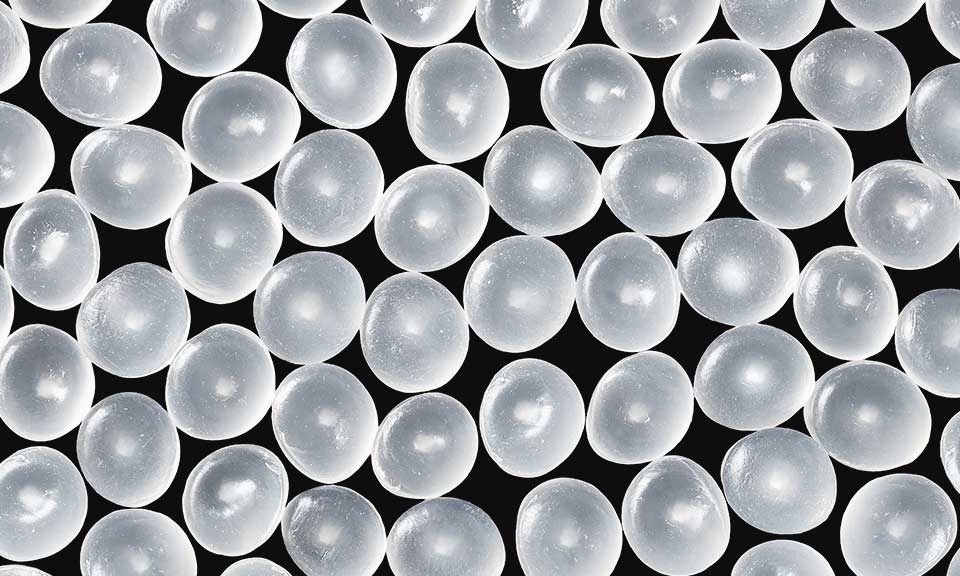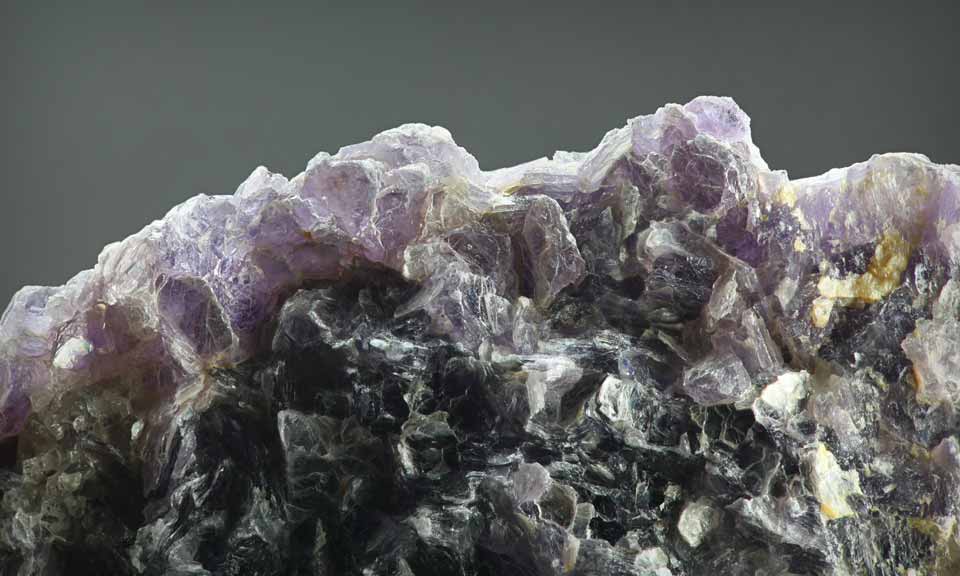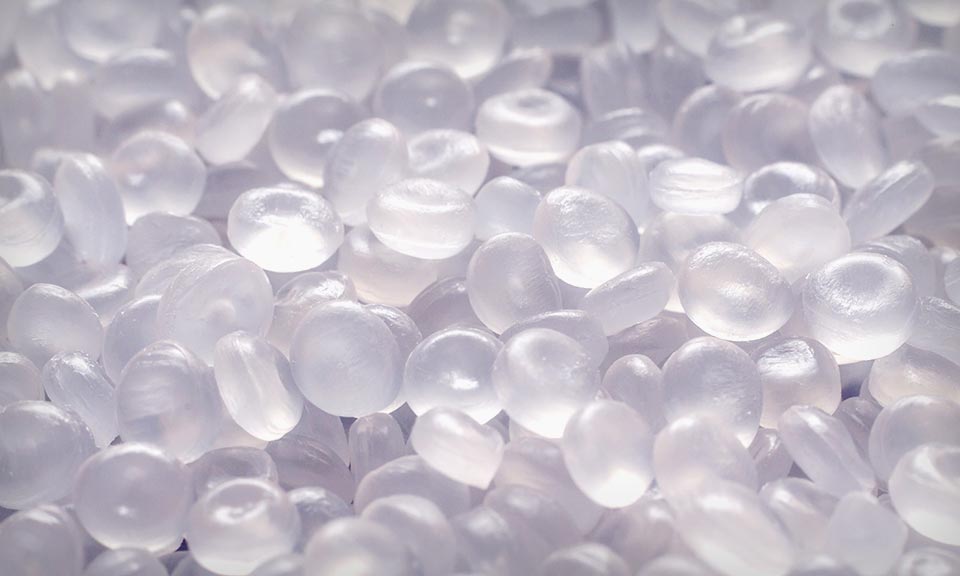INTERVIEW: Borealis note optimism for 2023 despite dip in 2022 polyolefin margins

Austrian petrochemical company Borealis is taking an optimistic approach to market fundamentals in 2023, despite lower polyethylene and polypropylene margins at the end of 2022 as a result of higher energy costs and weak demand in some end-segments, CEO Thomas Gangl told S&P Global Commodity Insights.
Gangl, alongside CFO Mark Tonkens, pointed towards a less depressed macro-economic outlook as a reason for a more positive approach to long term market dynamics, with recessionary fears yet to materialize in contrast to wider market expectations.
Despite clarifying that market conditions for polyolefin material were expected to remain illiquid in the first half of 2023, Gangl said: "It is a market which is developing in the right direction".
Commenting further on the outlook for 2023, Gangl said "We do think that the sales volumes will be slightly higher than in 2022," adding that operating rates were also expected to increase.
Wider geo-political and up-stream market dynamics were also cited as cause for short- and long- term optimism by Gangl and Tonkens, with both citing stabilizing energy costs and more flexible COVID 19 restriction policy in China as potential factors for provoking growth in the sector across 2023.
Despite that, some macro-economic pressures were stressed as a continuing factor into 2023, with the cost-of-living crisis particularly highlighted as a depressive factor for end user demand for durable plastics, as consumers reassess where they spend.
A divergence in derivative industries was also noted by Borealis, with stable buyer interest observed in energy, business, healthcare and automotive sectors, while demand from consumer product and infrastructure industries remains sluggish.
"Margins have been under pressure, especially for the commodity areas," Gangl said, adding: "When we talk about energy, healthcare and automotive, we see very stable and good demand [...] on the other hand, consumer products and infrastructure has been much more challenging to get the volumes there and to achieve margins".
The optimism offered by Borealis speaks to the wider uncertainty seen across European polypropylene and polyethylene markets in recent weeks, with market participants offering a variety of perspectives on future market dynamics. Activity across both markets has been muted across 2023 so far, with consumers reluctant to engage in transactional activity due to weak demand across the value chain, leading to limited consensus regarding outlook for the rest of the year.
"If you do n't like it, you should go and do something else" Tonkens said in response to the wider contextual pressures throughout polyethylene and polypropylene markets, adding that "is a bit painful sometimes, but it is the journey, you need to get up stronger".
PP homopolymer spot pricing stood at Eur1,195/mt ($1,437/mt) FD NWE on Feb. 3, stable on the day and up 7% on the week according to S&P Global Commodity Insights data, with consumers reducing contractual intake in favour of competitively priced spot material. Low density polyethylene spot prices stood at Eur1,220/mt FD NWE on Feb. 3, unchanged on the day and week with transactional activity limited across the market.
In its financial results released Feb. 3, Borealis said its Q4 European PE indicator margin declined by 19% to Eur370/mt compared to Eur458/mt a year earlier, the company's PP indicator margin saw a larger decrease of 42% year-on-year at Eur398/mt. Overall PE and PP margins in 2022 were down by 33% and 34%, respectively. Sales volumes of PE were down by 3% compared to Q4 of 2021, whilst PP sales volumes fell by 19%.
Despite the fall in margins, Gangl noted record net profits of Eur2.1 billion across the year for Borealis, alongside improved quarterly sales volumes of polyolefins in Q4 2022. Noting that "this was achieved in an environment of geopolitical strife, rising inflation, market volatility, the lingering pandemic effect" Gangl said that "perception is changing at the moment...the confidence is getting better".
News
Geopolitical pressures — including rising resource nationalism and a year in which over 50% of countries will be having elections — as well as inflationary pressures have sent energy transition progress into “discord.” A specialty chemicals panel session held March 19 at the World Petrochemical Conference by S&P Global in Houston, Texas, tracked the challenges and opportunities of the energy transition for the industry. Speaking at the session, Roman Kramarchuk, head of climate markets and policy analytics at S&P Global Commodity Insights, said that if the short-term scenario continues, global temperatures could rise 2.4 degrees Celsius by 2100, far above the Paris Agreement’s goal of a 1.4-degree increase. “Over the past few years, we’ve certainly been trending more towards our ‘discord’ scenario,” Kramarchuk said. “We’re trending toward a longer runway for fossil fuels and less [greenhouse gas (GHG)] emission reductions. This is a case of less GDP growth, less trade and less technology transfer.” Since 1990, world GHG emissions have grown 45%, with mainland China, India and the Middle East representing the biggest increases in emissions, at 304%, 241% and 181%, respectively. Over the last 25 years, the Commonwealth of Independent States and the EU have cut their emissions the most, with decreases of 39% and 31%, respectively. The US has cut emissions 1% since 1990. Of S&P Global Commodity Insights’ three energy and climate scenarios, only one, “green rules,” has global temperatures near the Paris Agreement’s 1.5-degree goa, with an expected increase of 1.7-degrees Celsius by 2100l. The “green rules” scenario, however, assumes more technology transfer, cooperation and policy-driven outcomes than is currently happening. “2030 is not that far away,” Kramarchuk said, “and when you think about what the energy transition will take, solar panels can be constructed fast, but anything beyond that — like an onshore or offshore wind plant or a nuclear unit — we’re getting into lead times of 5, 10, or 20 years.” While the US Inflation Reduction Act has helped speed these transformational energy products along, there are still a lot of slowdowns in permitting, especially in Europe. “We joke that there needs to be a ‘Complexity Reduction Act’ in Europe to move things forward,” Kramarchuk said. Harald Schwager, deputy chairman of Evonik Industries AG’s executive board, added that companies are stuck in a hard place. Evonik has signed power purchase agreements (PPAs) to be powered fully by renewable energy by 2030. “The question will be, will production capacity be hampered by the regulatory process and will we have sufficient infrastructure in place to transport enough renewable power for site demand by then,” Schwager said. Distant peaks Commodity Insights’ energy and climate base case pegs the peak years for coal, oil and gas demand to be 2022, around 2030 and 2040, respectively. “When there is a surprise need for energy,” Kramarchuk said, pointing toward the COVID-19 pandemic and a drought in China, which caused a boost in coal usage, “fossil fuels fill that need.” However, “there’s more investment in renewable capacity than we’re seeing in upstream oil and gas,” Kramarchuk said. Under all scenarios, renewable electricity will be the lion’s share of newly generated energy sourcing. Rebecca Liebert, president and CEO of Lubrizol Corp., said that it is the duty of specialty chemical producers to be agile and proactive in bringing innovative and more sustainable products to market. “Political and technical factors are all things we must account for in our bring-to-market timelines. And we get it right a lot of times, but we get it wrong some of the time. Sometimes you get to market before the market is ready for your product. And I think that’s great, to have a solution on the shelf as the market comes along.” Schwager agreed: “In the specialty chemical industry, we have more good ideas than we have money. And there’s no regret on moves for improved efficiency.” While there has been little movement on target setting and market-based mechanisms for growing renewable energy, COP28’s first global stocktake committee called for “countries to contribute to triple global renewable energy capacity and double global energy efficiency by 2030.” “Even though we are heading for the discord path right now, with all the technology solutions and innovation pushes, we’ll be shooting up ahead towards the ‘green rules’ scenario in the long-term,” Kramarchuk concluded. This article was first published in chemweek.com .

News
Two NGOs appealing against permits Initial plan was to start end of 2023 BASF is facing a delay of the operational start of its newly built precursor cathode active materials (pCAM) plant in Finland due to two non-governmental organizations (NGOs) appealing against already-granted permits, a spokesperson for the German petrochemicals company confirmed to S&P Global Commodity Insights Feb. 27. BASF initially aimed to start commercial production at the Harjavalta plant at the end of last year. “The necessary permit to operate this plant has been granted last year by the relevant authorities,” the spokesperson said. “However, two NGOs have filed an appeal against the already granted permit. Next steps and timing will depend on the furtherance of the judicial process before the Vaasa Administrative Court,” said the spokesperson. The pCAM plant will use renewable energy resources, including hydro, wind and biomass-based power and will be supplied with nickel and cobalt from Nornickel’s adjacent refinery. The plant is part of BASF’s plan to supply the battery industry and subsequently automotive industry with lower carbon emission cathode active material. Platts, part of S&P Global Commodity Insights, assessed cobalt metal in-warehouse Rotterdam at $15/lb on Feb. 26, stable from the previous assessment Feb. 23, while the nickel-cobalt black mass EXW Europe payables was at 54% Feb. 26, also stable.

News
The petrochemical landscape has been transformed in recent years by new technologies and the global energy transition, resulting in numerous production pathways and the development of more sustainable products. S&P Global Commodity Insights has created Chemical Connections , an interactive chart which shows the links between chemicals, from upstream feedstocks to derivative products. The second slide offers a map showing our price assessments and benchmarks for chemicals across the value chain around the world. These prices are used by market participants daily to write contracts, monitor their markets and achieve full transparency around transactions.